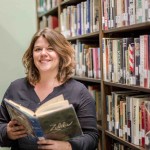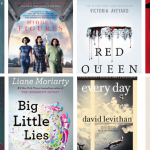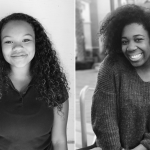Who would’ve thought that both my research projects in high school would eventually lead me to creating my own dual major and procuring a fantastic job opportunity abroad?
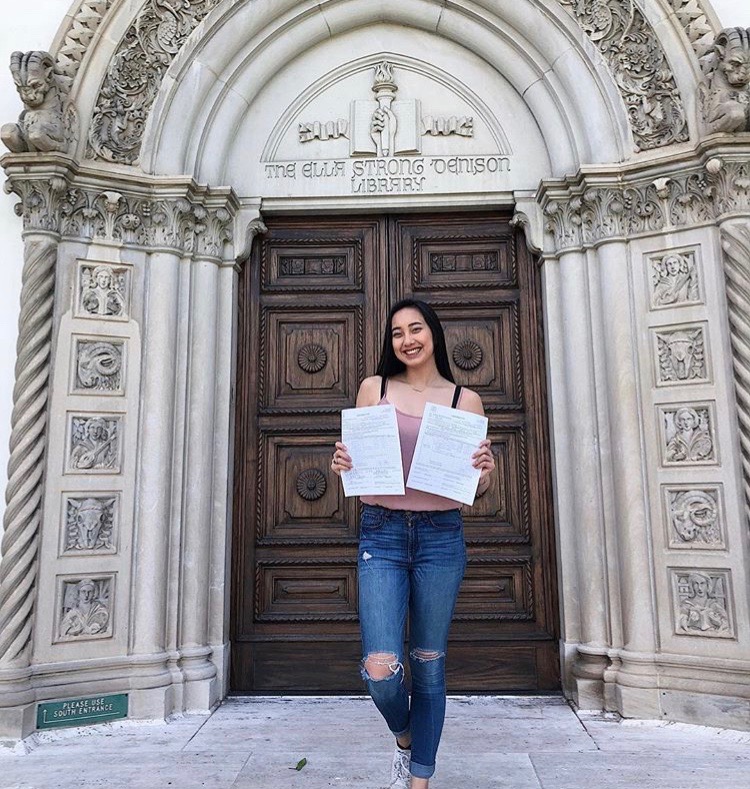
Five years ago, as a sophomore at FSHA, I was absolutely set on pursuing a science degree in college on a pre-medical track and that was that. I knew that my goal was to be a doctor and that biology was the only way to go. Little did I know, that would change.
The Junior Research Project (JRP) and the Senior Research Project (SRP) were both pivotal points in my academic career but I didn’t know it at the time. When I started the process of the JRP, I’m not going to lie, it was tough. I wasn’t the most social justice oriented 16-year-old, and it was a steep climb for me to find a research topic that was relevant and interesting to me without being overly simplistic or vague.
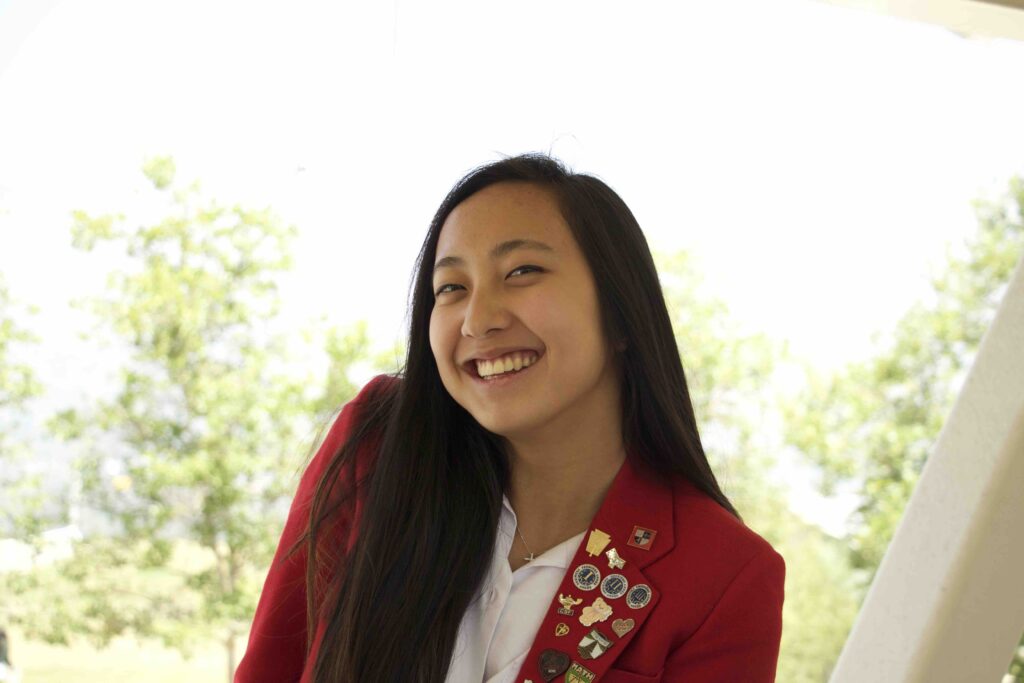
But with the guidance of Dr. Gough, my research advisor, I was able to find a topic that resonated with me and highlighted an issue that was relevant in our world and could have a lasting impact on the way I perceive the world. The JRP process was long, and at times frustrating because of my inexperience with both research and talking about social justice issues. But, as the process continued, I was able to confidently turn in a ten-page research paper on the discrimination of Asian-Americans in the media by the end of the year.
Moving into senior year and the SRP, I had way more tools in my belt and more confidence from the get-go. I was able to explore more issues on a deeper level and was led to research about the stigma of maternal mental health and postpartum depression in America, especially looking at the effects of unpaid maternity leave. Because it was a project, I was able to incorporate my love for dance into my final research. It became a passion project for me, and I think that because FSHA really fostered that sense of exploration in the way that the program is structured, I was able to be creative and love what I was doing. Because both projects were year-long projects, that gave us as students a comprehensive view on how research should be conducted which definitely benefited me in college.
Nicole’s Senior Research Project
So, how has the Research Program influenced me in the long run?
On a more general note, it helped me with research in college, something that many alumnae have touched on in previous posts, but it has also paved a path for my future. I’m currently a junior at Scripps College, and this past spring I declared a dual major in Asian-American studies and biology which was largely influenced by my exposure to Asian-American studies in my JRP research. During my freshman year, I chose to take elective classes on Asian-American studies because I wanted to participate in conversations that I was familiar with. Ultimately, I found that I loved the whole discipline and that I could integrate and study the intersectionality of healthcare, race and ethnic studies, without sacrificing my pre-med dreams.
To branch off of that, my SRP also has influenced aspects of my life. I am currently studying abroad in Stockholm, Sweden, and have been given the opportunity to conduct research with a researcher at Karolinska Institutet (the university that holds the committee that chooses the Nobel Prize for Medicine). How I got that opportunity is all thanks to my SRP. My Swedish language professor at my program is currently doing her Ph.D. work on prenatal maternal mental health in women in Asia, which is right up my alley. On the first day of classes when she briefly mentioned her research as an introduction, I brought up the fact that I did my Senior Research Project on a topic similar to her studies. Fast forward two months, I am now working on a systematic review of mental health care in Asia, with her and two other students with the guidance of professionals in the field. Now, adding more tools to my belt, and utilizing the ones that I already have.
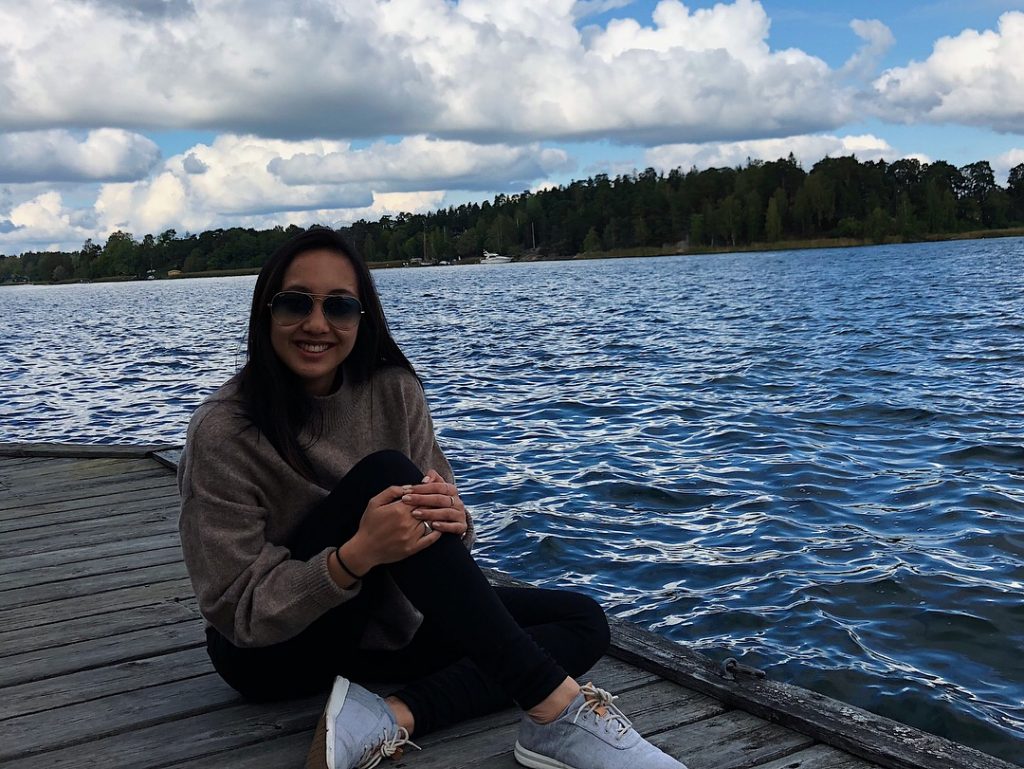
FSHA’s Research Program broadened my perspective of what issues are prevalent in our society as well as broadened my perspective of what I was interested in. There is so much power in learning these skills at a high school level because it puts you at an advantage when you go on to receive higher level (and in my case a liberal arts) education. I would say that I’m absolutely grateful that I was given so many tools for success before entering college, because if I hadn’t my first-year college experience would have been a whole other story.

